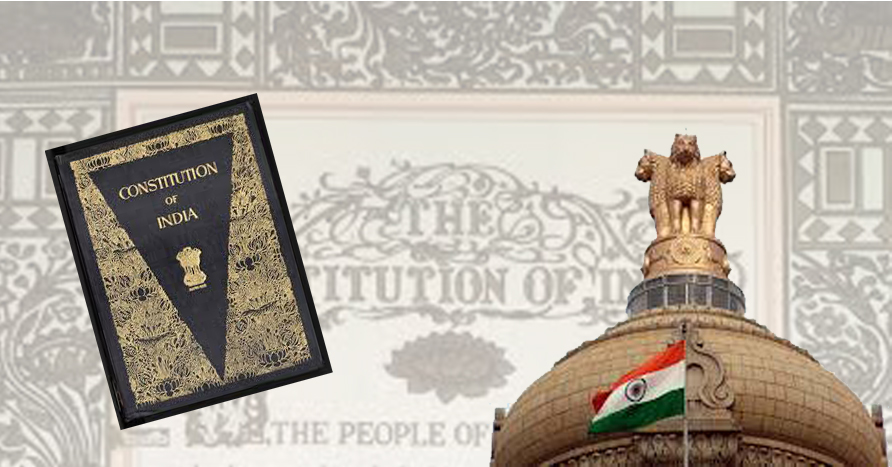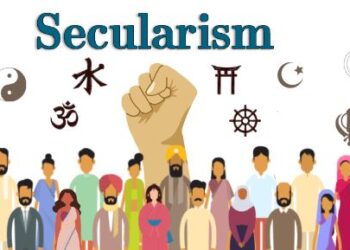India is not a lingually monolithic country. People have historically been speaking their own languages and the dialects from time immemorial. Language is an integral part of the identity and exponent of one’s own cultural heritage.
This feature is more applicable for a country like ours that is inhabited by people of diverse cultures. It is immaterial whether that language has its script or not but the languages spoken by the people of the country have to be respected and must be duly placed in the Indian Constitution. When the British left India they did so by not leaving the country in its present form but bifurcating it into many Provinces and Princely States.
The founding fathers of the Constitution took strenuous efforts to integrate India in the present form for which the very Re-organisation of States on linguistic basis was a pioneer step. Unity in Diversity is the spirit behind the Constitution and with that commitment for the integration of the country, at first 14 languages were included in the VIII Schedule of the Constitution. It was strengthened later by increasing the number of languages in the Schedule to 22.
The inclusion of the languages had to be increased further to strengthen integration, that would bring much inculsive spirit in every citizen of the country. With that great foresight on the language issue the founding fathers of the Constitution did not specify any language as ‘the National language’ of the country with due respect to all the indigenous languages of the country.
What language has to be chosen for communication between the Union and the State Governments? Historical compulsion made us use the English language as link language since our country was ruled by the British for more than two hundred’ years. Not only India, many countries in the world were under the colonial rule of the British, resulting in the worldwide usage of English. It made English language the window of the world. More than the identity of English as a foreign language, its utility suits the present breakthrough in the field of information technology, facilitating worldwide contacts. The argument over a foreign language used as a link language of the country has to be ruled out. The foreign identity in the way of living of every citizen of the country is not questioned but accepted very conveniently. Why is the same acceptance not applicable for the English language? Besides, for many of the people in the North Eastern States, English has become the mother tongue.
The people who are descendants of Anglo-Indian parents continue to live in this country, using English like native Speakers.
For the convenience and due recognition for the indigenous languages of the country, the regional language of a State can be used as an additional link language between the Union and the State government. Only this could be the ideal language policy for the real integration of the country. On the contrary, undue importance is given to only one language i.e. Hindi in Devanagari script will be detrimental to other languages.
Recently the Home Minister of the present BJP headed Union Government has unilaterally announced Hindi as the national language, which our founding fathers of Indian polity had never thought of. They were for ‘Unity’ and not for ‘Uniformity’. The present BJP rule has already started to bring uniformity in every field, contrary to the principle of Unity in Diversity.
The plan to fulfil the “saffron-agenda” of ‘one country one language’ policy has to be nipped in the bud itself. Language identity is in the main life-stream of every citizen of the country. Let it not be spoiled by the present BJP minister’s statement on national language of the country. The true lovers of our country will not relish this statement, which would sensitize the mind of every citizen. Let the saffron rulers not play with fire!









